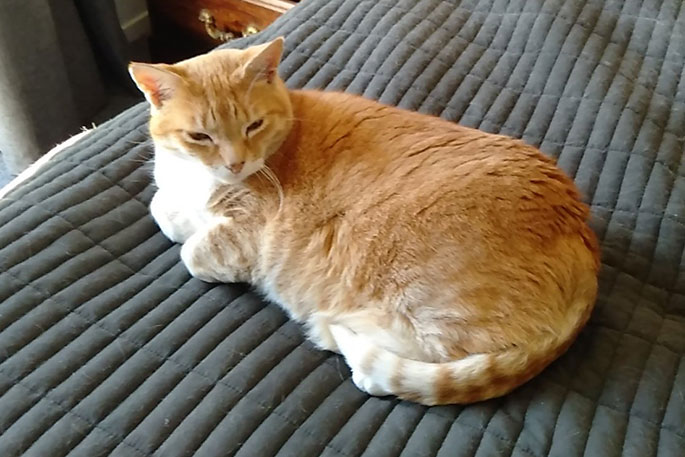Cat shelters are reporting pandemic-related trends, with a kitten boom in some parts and some unintended lockdown effects surfacing.
There have been many negative flow-on effects to cats from the Omicron outbreak, the overall pandemic and wider economic situation, cat shelters told RNZ.
But one North Island animal rescue reports one unexpected good side effect has been that there are more people at home during the day to come across stray and stranded cats and kittens, and get them help.
Upper Hutt volunteer Nicki Campbell says several litters of kittens have been rescued in recent weeks that were only discovered because people were working from home.
"The other weekend we got 19 kittens which were found under someone's house - they'd noticed a whole lot of kittens wandering around.
"A lot more people are noticing kittens under the house, and we're getting a lot more strays."
The main kitten season starts in October, but the more recent trend for a second smaller burst of kittens in Autumn season is underway now.
Campbell says their shelter is small compared to some, but kitten numbers have been disproportionate.
"Since October we've had more than 105 kittens, compared to 40 or 50 [in that period] a year ago."
She puts it at least partly down to the fact spaying and neutering was considered non-urgent surgery, and was not able to be done in level 4 lockdowns, with only restricted amounts allowed in level 3, despite backlogs.
The shelter has had lots of cats surrendered to them pregnant, with owners telling them they'd tried to get appointments to get them fixed, but couldn't get appointments because of the lockdown rules.
But Wellington is also experiencing a vet shortage, partly due to the closed border controls.
Campbell says they repeatedly see the same vet staff each time they take cats to the clinic, and those vets are clearly working long hours and worn out.
"They'd normally have a few people over from Australia or other places and we'd see a few other faces."
Getting vet appointments was difficult, she said. A litter booked in a month ago for spaying was not able to be seen until April - which holds their adoptions up as cats must be spayed before going to a new home.
"A lot of cats are coming in with contagious illnesses that are going around at the moment, more than normal. At the moment, the amount coming in with diseases outweighs those that don't," she said.
That was partly because they had more strays than usual, but there was still an unusually high amount of cats carrying diseases that were coming from homes.
"It's because of the difficulty getting in to see the vet, and the more kittens and strays we see in any area the more you expect to have these illnesses."
Among the diseases circulating now include panleukopenia, cat flu and giardia.
Campbell says supply line problems meant cat food was frequently difficult to get, and they weren't able to get some that comes from overseas for cats with health problems like kidney damage.



0 comments
Leave a Comment
You must be logged in to make a comment.